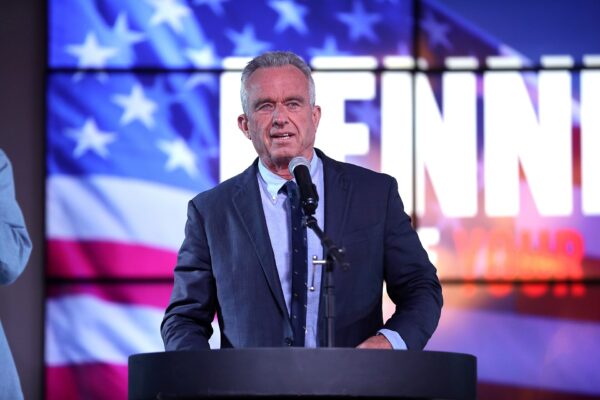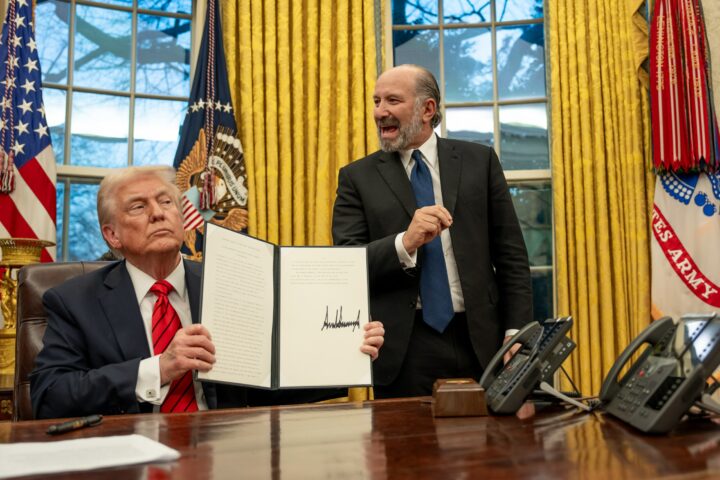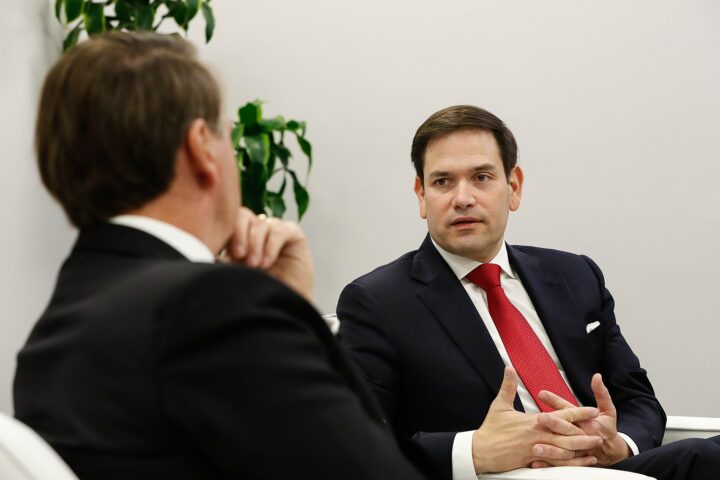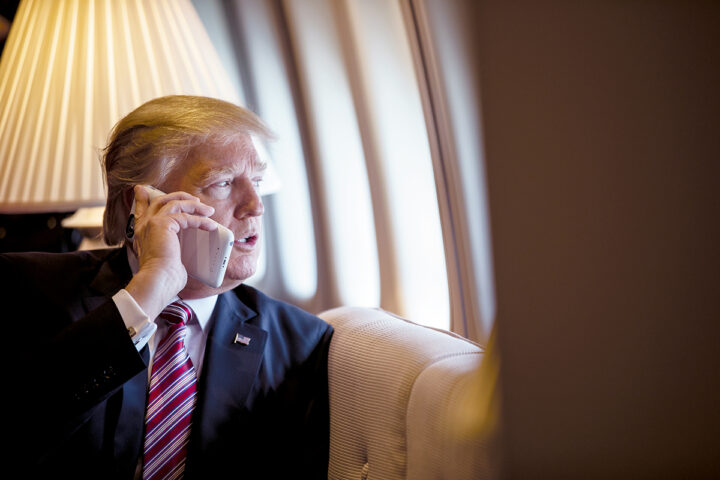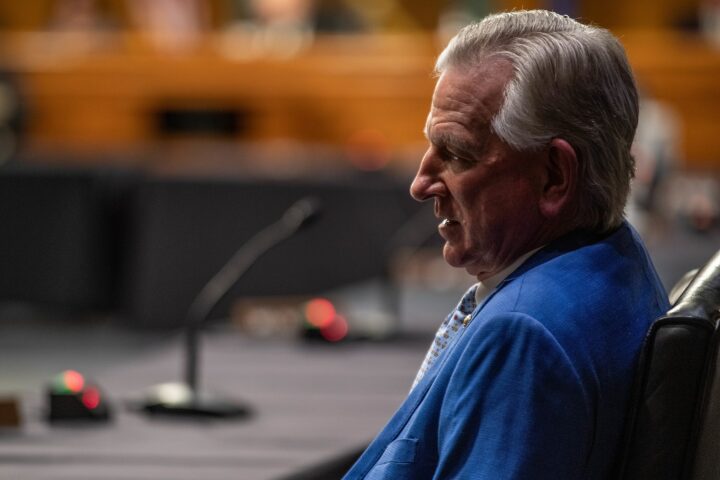Health and Human Services Secretary Robert F. Kennedy Jr. reportedly said Tuesday that his department is closing in on identifying environmental “interventions” that are “certainly causing autism,” vowing to announce findings by September in what could become one of the most consequential public health breakthroughs in decades.
The remarks came during a Cabinet meeting where President Donald J. Trump pressed Kennedy for an update on what both men described as an escalating national emergency. “The autism is such a tremendous horror show,” Trump said. “What’s happening in our country and some other countries, but mostly our country. How are you doing?”
“We are doing very well,” Kennedy replied. “We will have announcements as promised in September, finding interventions, certain interventions, now that are clearly almost certainly causing autism. And we’re going to be able to address those in September.”
Kennedy has long argued that autism rates are being driven upward by man-made factors, whether vaccines or other environmental exposures, and that the federal government has historically blocked serious research into the subject.
His campaign to reframe autism as an epidemic has been one of the most controversial yet defining issues of his career.
In April, Kennedy warned that autism was a crisis surpassing even COVID-19 in scale and social cost. Calling it an “epidemic that dwarfs the COVID epidemic,” he argued that prevention must be prioritized because autism can cripple families and communities. “These are kids who will never pay taxes, they’ll never hold a job, they’ll never play baseball, they’ll never write a poem, they’ll never go out on a date. Many of them will never use a toilet unassisted,” Kennedy said at the time. “Autism destroys families.”
Trump, who has repeatedly framed autism as a top-tier national issue, backed Kennedy’s focus on possible environmental causes. “So, there has to be something artificially causing this, meaning a drug or something. And I know you’re looking very strongly at different things, and I hope you can come out with that as soon as possible,” the president said.
Federal data underscores the scale of the challenge. According to the Centers for Disease Control and Prevention, 1 in 31 children and 1 in 45 adults in the United States have autism.
That represents a steep rise from the 1 in 150 figure reported just a few decades ago. Kennedy and Trump have pointed to the timeline — diagnoses accelerating since the 1970s — as evidence that something in the modern environment must be driving the surge.
While mainstream experts often attribute the increase to improved diagnostic tools and broader criteria, Kennedy has rejected those explanations as insufficient. He argues that the raw numbers reflect a genuine explosion in cases, not merely a shift in definitions.
During Tuesday’s meeting, Kennedy restated his commitment to providing concrete answers soon. “We will have announcements as promised in September,” he told Trump. If his findings prove correct, it could mark a turning point in a debate that has frustrated parents, policymakers, and researchers for decades.
For now, both the president and his health secretary appear determined to challenge long-standing orthodoxy — insisting that a national epidemic demands clear answers and bold solutions.
[READ MORE: Trump Warns Soros Family of Potential RICO Charges, Declares Administration “Watching” Them]

